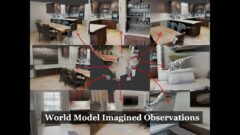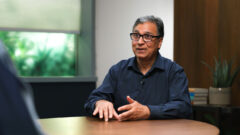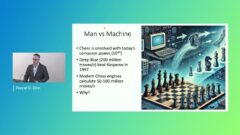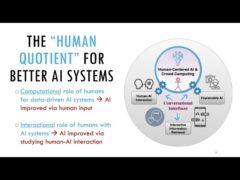RDMA: Provably More Powerful Communication
- Naama Ben-David | Carnegie Mellon University
In recent years, a technology known as Remote Direct Memory Access (RDMA) has made its way into data centers, earning a spotlight in distributed systems research. RDMA provides the traditional send/receive communication primitives, but also allows a process to directly read/write remote memory. Recent work shows that RDMA leads to some new and exciting distributed algorithms. However, it is unclear whether the performance benefits observed with RDMA are inherent to its non-traditional features, or just an artifact of the way it is currently being used.
In this talk, I’ll present a theoretical model of RDMA, called the Message-and-Memory model, and use it to show that RDMA has some fundamental advantages over previous communication mechanisms. I’ll use the classic problem of consensus to analyze the benefits that RDMA brings, and prove upper and lower bounds on fault tolerance and performance of solving crash-fault-tolerant and Byzantine-fault-tolerant consensus in this model.
[Slides]
-
-

Sebastian Burckhardt
Senior Principal Researcher
-
-
Watch Next
-
-
GenAI for Supply Chain Management: Present and Future
- Georg Glantschnig,
- Beibin Li,
- Konstantina Mellou
-
Using Optimization and LLMs to Enhance Cloud Supply Chain Operations
- Beibin Li,
- Konstantina Mellou,
- Ishai Menache
-
Ludic Design for Accessibility
- AV Reji,
- Rishika Shetty,
- Anirudha Ghosh
-
-
-
-
Decoding the Human Brain – A Neurosurgeon’s Experience
- Dr. Pascal O. Zinn
-
-
Microsoft Research India - who we are.
- Kalika Bali,
- Sriram Rajamani,
- Venkat Padmanabhan








